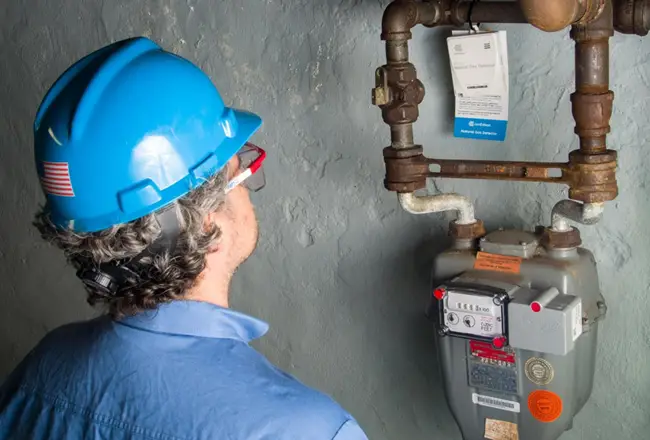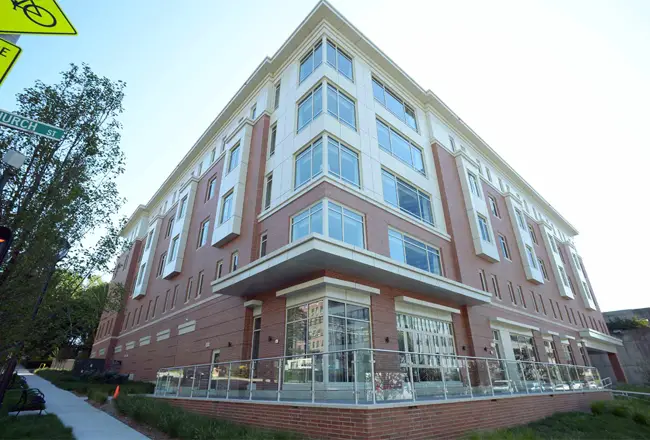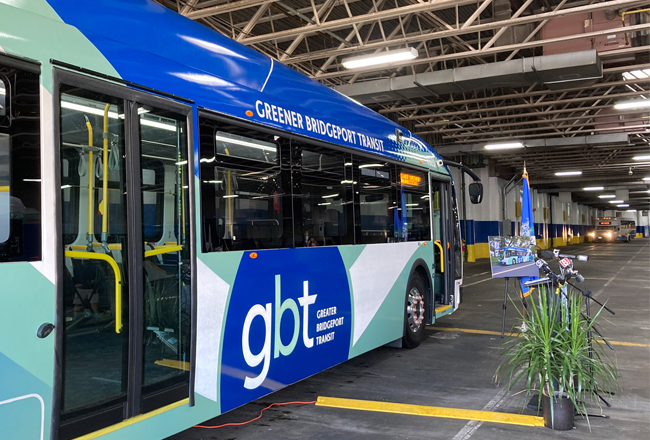Buildings in Westchester and New York City that receive natural gas service from Con Edison are due to have a gas leak detector installed where the gas service line enters the building.
If the device detects a gas leak it sounds a beeping alarm, plays a voice warning and automatically alerts operators at the utility”™s Gas Emergency Response Center who notify the local fire department. The voice warning says, “Danger: gas leak explosion risk. Evacuate. Then call 911.” The alarm continues sounding until a Con Edison worker silences it.

Back in 2018, Con Ed began a pilot program to test the devices. It installed 9,000 of the detectors in lower Manhattan and Westchester that sounded a total of 250 alarms. In all, Con Ed plans to install 376,000 of the leak detectors.
The devices are a product of a Japanese company, New Cosmos Electronics Ltd., that has a wholly owned subsidiary, New Cosmos USA Inc., in Chicago.
The home of Clarence Stanley in New Rochelle was one of the places where an installation was made during the pilot program. As Con Ed relates the story, “One night this summer, he got out of bed to watch TV and catch up on sports scores and the political shows he enjoys when he heard the alarm. He woke his wife and called Con Edison from a phone not located near the basement. A Con Edison representative who answered advised him to leave the house. By the time of his call, Con Edison and New Rochelle fire personnel were already on their way. As the Stanleys waited outside, the crews arrived. It turned out that there was a small gas leak, which Con Edison repaired.”
Marc Huestis, Con Ed”™s senior vice president for gas operations characterized the devices as “a life-saving technology.”
The utility expects to complete the installations in 2025. The cost of the program was placed at $130 million. Con Ed will not charge customers for the devices or installation. It has 376,000 lines carrying gas from its mains into residential and commercial buildings where approximately 1.5 million accounts are served.
Con Ed said that installation does not require gas service to be turned off and customers do not have to perform any maintenance on the detectors once they are installed. The devices will not detect gas in other areas of a building and the utility recommends that building owners and tenants place gas detectors in areas where natural gas appliances are used.
The current version of the detector being used by Con Ed is expected to last six years. Beginning around the middle of 2021, a new version with a planned seven-year lifespan will be installed and units installed starting in 2023 will be designed to have a 10-year lifespan.



















